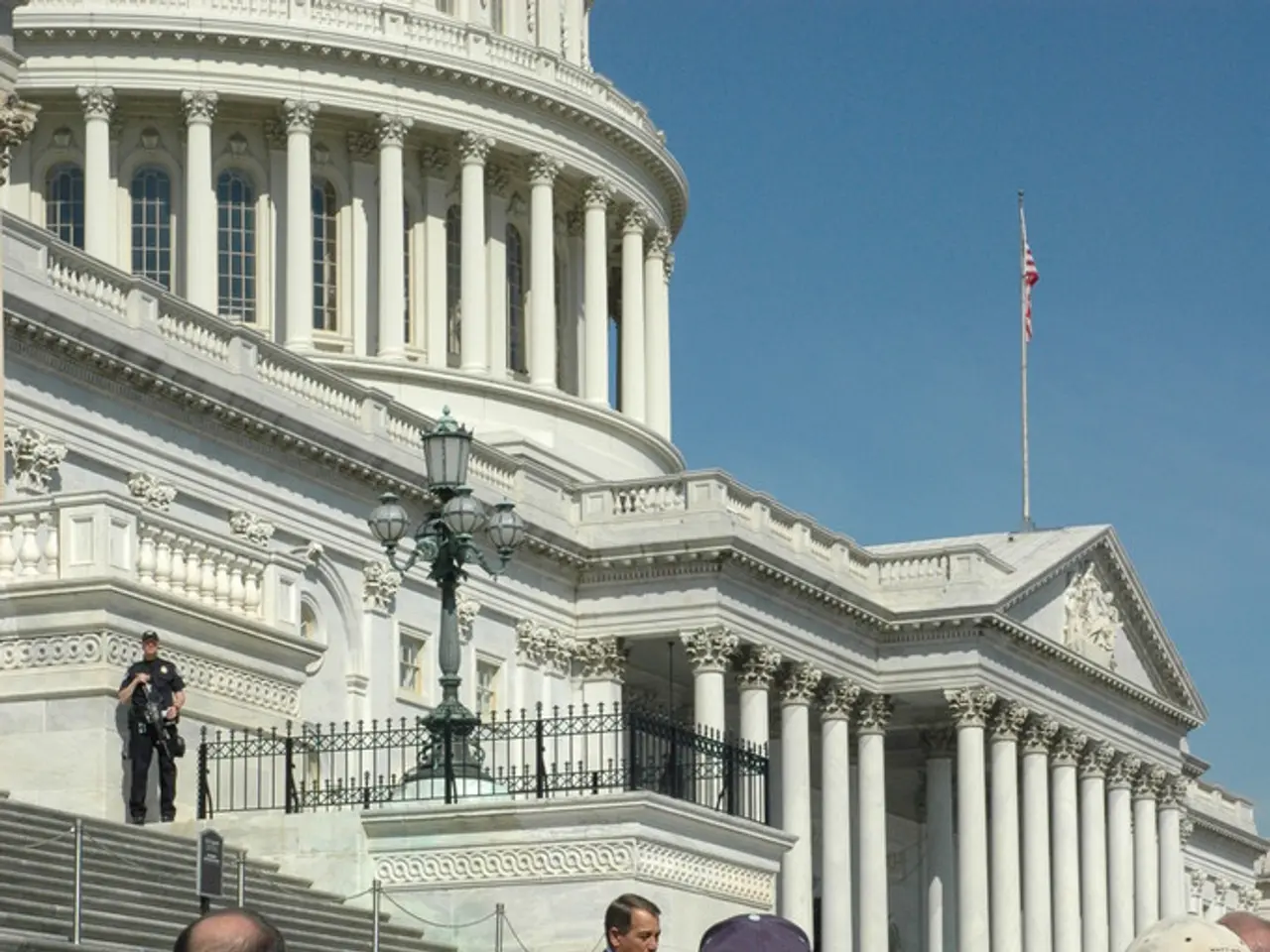CISA Crippled by Shutdown: Understaffed, Underfunded, and Without Legal Shield
The U.S. government shutdown has left the Cybersecurity and Infrastructure Security Agency (CISA) significantly understaffed and unable to fully perform its duties. This comes at a critical time, as the agency's legal shield for information sharing with the private sector has expired, and the president's draft budget for 2026 proposes further cuts to its workforce.
CISA, responsible for digital security across the federal government, has been hit hard by the shutdown. Only a third of its employees remain on the job after furloughs, leaving critical operations understaffed. This coincides with a reduction in CISA's budget, proposed by President Donald Trump, who began his second term in January 2025. The cuts target the agency's risk management and stakeholder engagement divisions, potentially hampering its ability to publish threat alerts and engage with critical infrastructure sectors.
The shutdown began as Congress failed to renew the Cybersecurity Information Sharing Act, which provided CISA with a legal shield for information sharing with the private sector. This expiration, coupled with the agency's reduced staff and budget, could hinder its effectiveness in protecting the nation's cyber infrastructure. Meanwhile, adversaries continue their attacks regardless of available federal cyber defense funding or the status of cybersecurity laws.
The U.S. government shutdown has left CISA, a key agency in protecting the nation's cyber infrastructure, significantly understaffed and facing potential budget cuts. With the expiration of a key information-sharing law and no let-up in adversarial attacks, the agency's ability to fulfill its mission is at risk.
Read also:
- Setting Up and Expanding Operations at a Soil Blending Facility
- Surveying the Scene: Legality, Drones, and American Anti-Terror Strategy
- Regional University's healthcare system strengthened through collaborative partnership with Chancellor Dr Fiona Hill
- Reminisced University Trustee David M. Flaum as a 'fervent advocate' for the University and community








